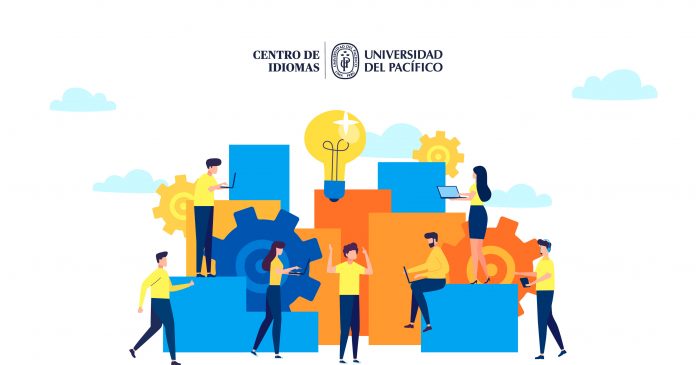There are two ways to learn a new language: one is by studying the language for its own sake and the other is to assimilate it in the clothing that envelops new knowledge; that is to say, to acquire new notions and understandings in some field, at the same time that the new language is learned. And this happens to be the most effective way.
Let’s say that the traditional study method draws on linguistic content such as vocabulary, grammar, reading, pronunciation, conversation, and writing. Generally, a textbook is used to present, illustrate and guide these topics. The other, without disdaining the above, seeks to put everything into practice in the acquisition of something else: skill, knowledge, expertise, erudition. Today we also notice that it implies gaining skills that are very useful for personal gain, such as the development of critical thinking, soft skills, autonomous learning, as well as the ability to communicate effectively.
Questions arise such as:
- When you learn a language, have you considered that you can also develop very important skills?
- What does learning a foreign language bestows you?
- Do you consider that what you have learned in the subject “English” has led you to discover abilities that you possessed without being aware of?
- Has learning a foreign language given you a broader view of the world?
In the next series of posts we will be dealing with this exciting topic.










